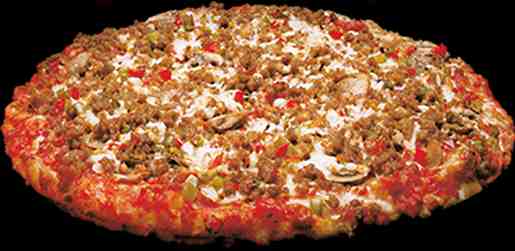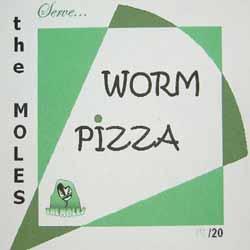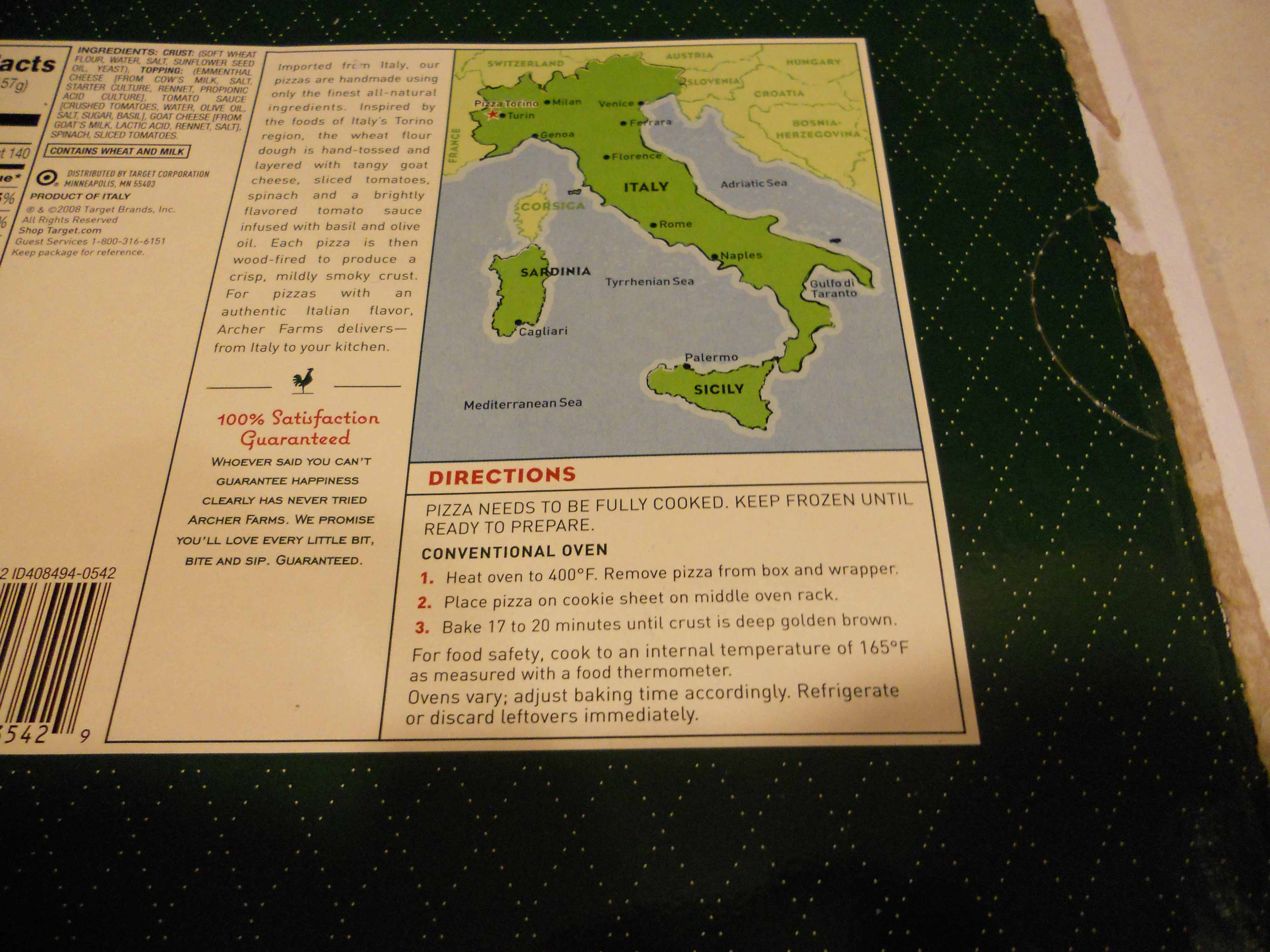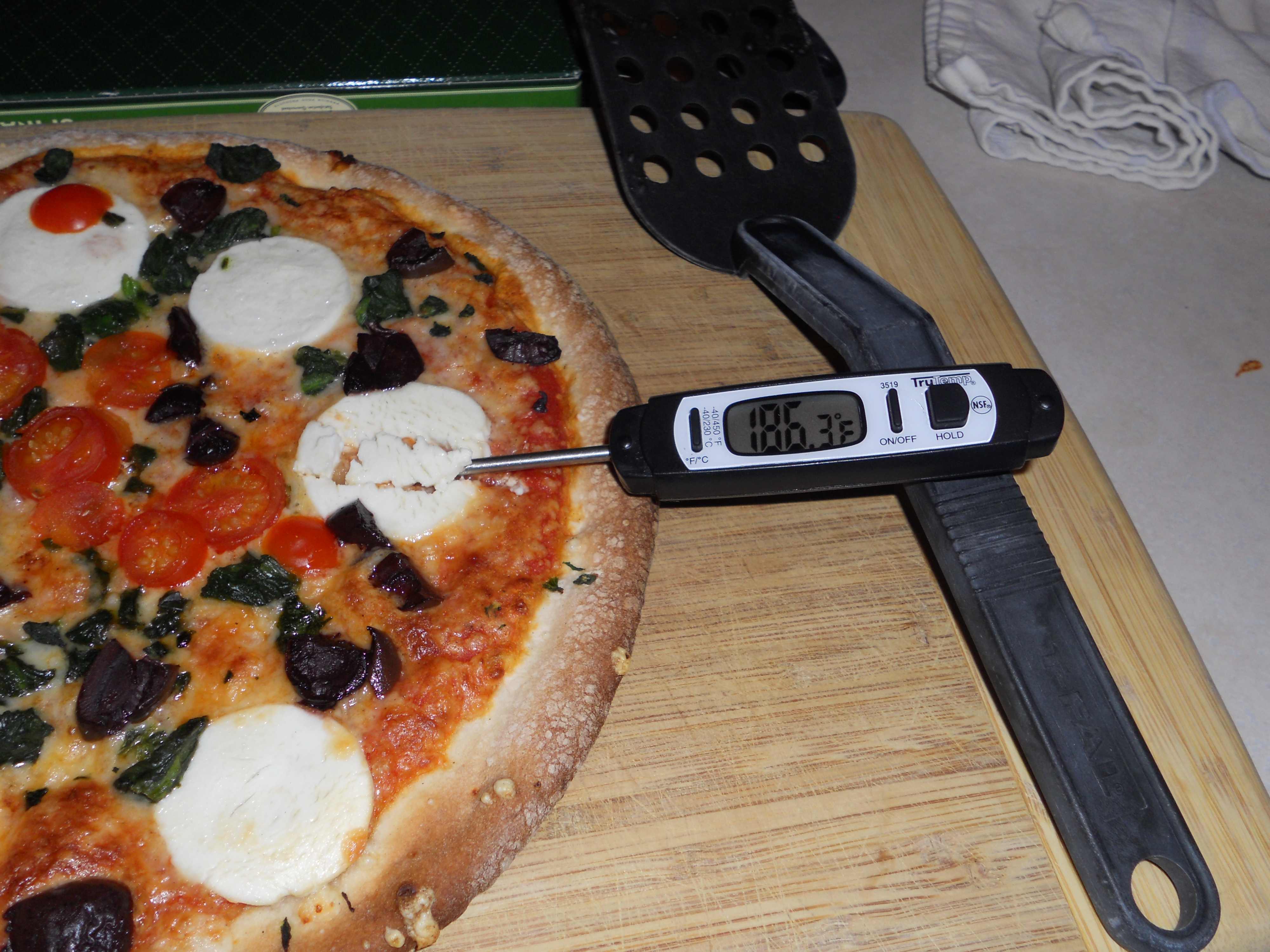The owner of a Plymouth, U.K. takeaway has been banned for life from serving food to the public after admitting selling a pizza contaminated with poisoned mouse droppings.
Judge Paul Darlow told Pervez Alvi (right, Plymouth Herald), "I would dearly like to hit you in the pocket" after hearing that investigating the case had cost Plymouth City Council more than £5,400.
But he imposed what he called "token costs" of £500 because of the "terrible" state of Alvi’s finances.
Prosecutor Julia Cox told Plymouth Crown Court that on March 20, 2010, a woman bought a  pizza from Favourite Pizza as a treat for her son, who had just come out of hospital.
pizza from Favourite Pizza as a treat for her son, who had just come out of hospital.
But as they ate it, they noticed "a strange chemical taste", which turned out to be caused by mouse droppings containing rodent poison.
The woman phoned the shop and Alvi called to see her, commenting: "At least you didn’t eat all of it."
He offered her £30 for the return of the pizza, but she refused and called Environmental Health.
Blue-green pellet-shaped objects in the pizza base were found to be mouse-droppings.
Inspectors attended the premises and immediately found mouse excrement in many areas, including on packaging materials and baking trays.
They also found gnawed cardboard and a hole in the skirting, while paperwork was incomplete.
He was told to clean and disinfect the premises and employ a pest controller, and next day things had greatly improved.
But a later visit found cracked tiles, a dirty hob and floor, and more mouse droppings under stainless-steel food-preparation surfaces and near a food chiller.

 found on takeaway pizzas and pasta.
found on takeaway pizzas and pasta.
 customers around the country and to other Pizza Kings, where they are sold as take-and-bake products.
customers around the country and to other Pizza Kings, where they are sold as take-and-bake products. turned the bag over to two officers that happened to be eating in the restaurant.
turned the bag over to two officers that happened to be eating in the restaurant. and baked beans. Where’s the protein?”
and baked beans. Where’s the protein?”  As we all recover from the flu, our appetites are only mediocre. In the spirit of things, I cooked an Archer Farms spinach and goat cheese pizza for dinner tonight. I added olives because that’s one of the few things Sorenne currently loves. When looking at the cooking time and temp I noticed detailed directions that seem straight from this blog:
As we all recover from the flu, our appetites are only mediocre. In the spirit of things, I cooked an Archer Farms spinach and goat cheese pizza for dinner tonight. I added olives because that’s one of the few things Sorenne currently loves. When looking at the cooking time and temp I noticed detailed directions that seem straight from this blog: So I did (exactly as pictured). After cooking the pizza at 400F for about 18 minutes, I took it out and tried to eye the thickest part. Then I tried to put the thermometer in somewhat sideways being careful not to poke through the other side. To take the picture, I had to prop the thermometer on my spatula. The process made a big gash in my pizza toppings and the cheese stuck like glue on the thermometer, but it was easy to see the pizza was well above 165F.
So I did (exactly as pictured). After cooking the pizza at 400F for about 18 minutes, I took it out and tried to eye the thickest part. Then I tried to put the thermometer in somewhat sideways being careful not to poke through the other side. To take the picture, I had to prop the thermometer on my spatula. The process made a big gash in my pizza toppings and the cheese stuck like glue on the thermometer, but it was easy to see the pizza was well above 165F. food poisoning.
food poisoning. investigation into how sewage found its way into the water well that supplies Fralo’s Art of Pizza.
investigation into how sewage found its way into the water well that supplies Fralo’s Art of Pizza. But it was free. And all we did was eat and drink. Sorta like that Sopranos episode where Tony and Pauley and Chrissy go to Naples for business connections and to tour the old world.
But it was free. And all we did was eat and drink. Sorta like that Sopranos episode where Tony and Pauley and Chrissy go to Naples for business connections and to tour the old world. I’d love to go back, and Italy is on the travel list for me and Amy and Sorenne now that Amy has entered sabbatical land. But I’m not sure about that Naples pizza.
I’d love to go back, and Italy is on the travel list for me and Amy and Sorenne now that Amy has entered sabbatical land. But I’m not sure about that Naples pizza.
 unsanitary conditions.
unsanitary conditions..jpg) The pass-fail card system, in which a red card closes the eatery until problems are corrected, was set back by last summer’s 39-day civic workers’ strike and the fight against the H1N1 flu pandemic.
The pass-fail card system, in which a red card closes the eatery until problems are corrected, was set back by last summer’s 39-day civic workers’ strike and the fight against the H1N1 flu pandemic.